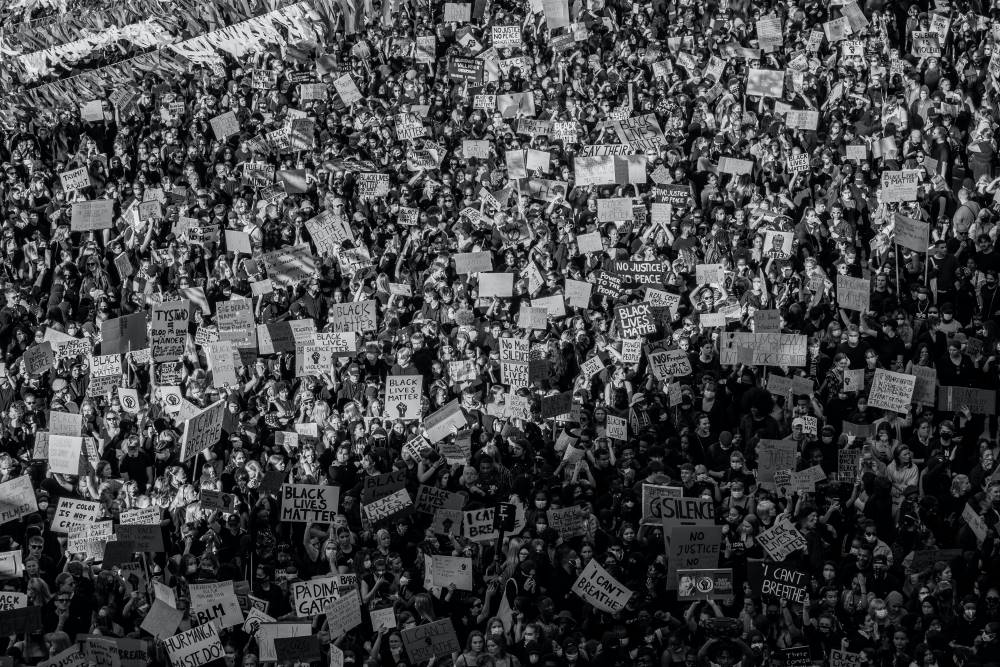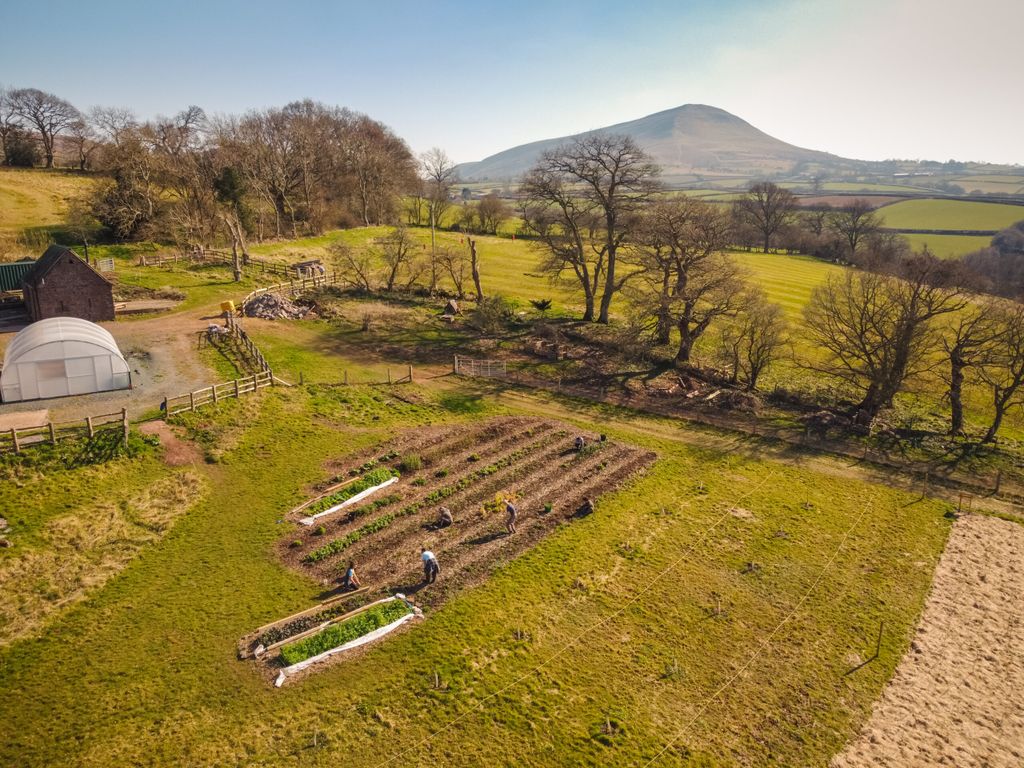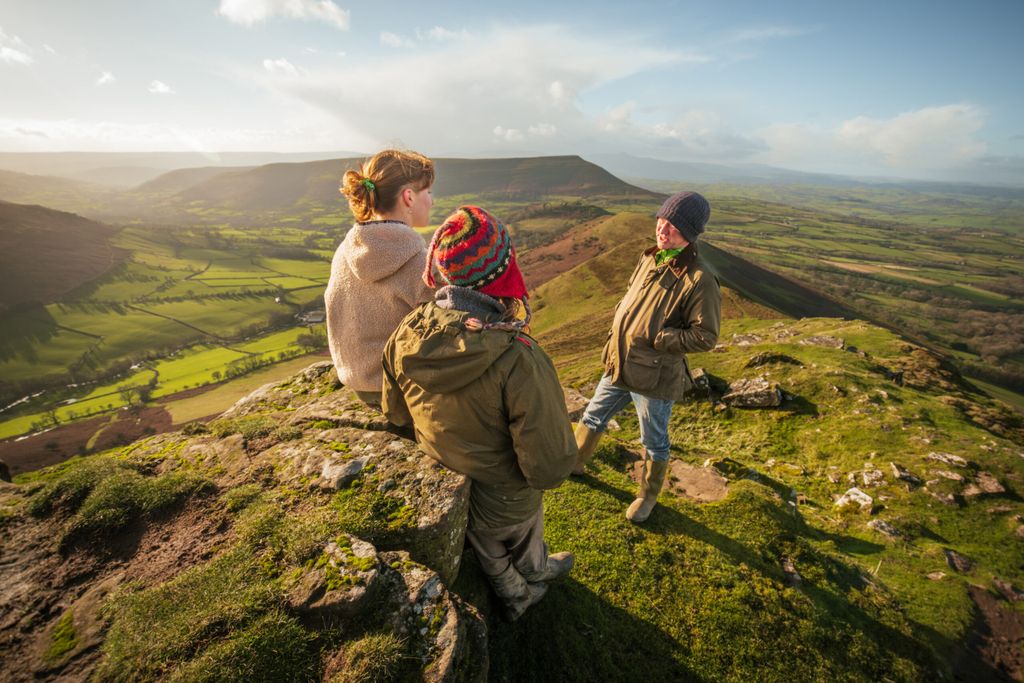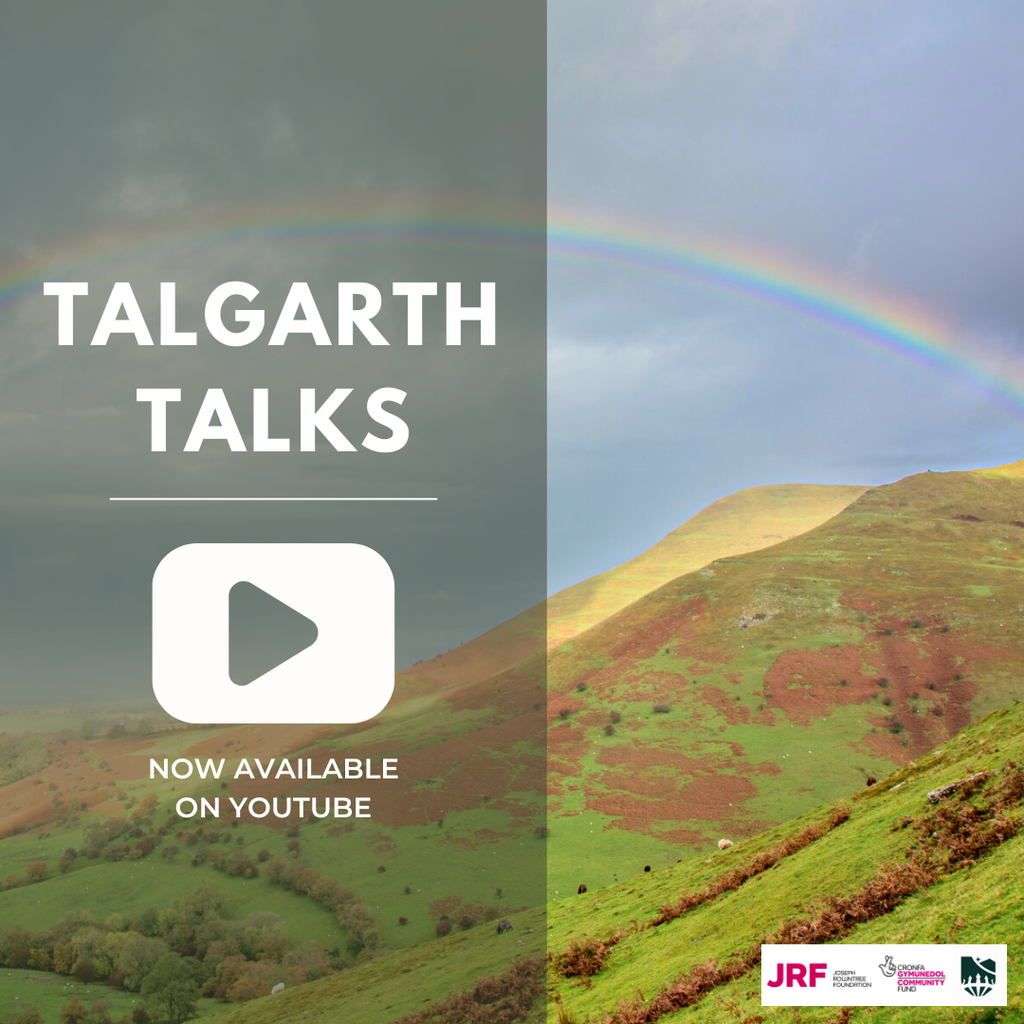Black Lives Matter is not just a series of protests on the streets of America. It is a long-overdue call for re-examining the ways we see, talk, think, live and work. Re-imaginations, transformations, whether personal, social or institutional are difficult, painful and sometimes messy. They require courage, vision, empathy and compassion.
Eighteen months ago, Black Mountains College gathered leading academics from around the world to brainstorm what a curriculum fit for the challenges of the 21st century should look like. We discussed neuro-science, learning how to learn, the centrality of ecology, systems thinking, and how to decolonise the curriculum.
As a new institution launching in Wales, colonialism is a word we could not ignore. Moreover, in the light of the urgent need to transform our society in a more sustainable direction, re-thinking everything in the light of everything else is essential. Since then, we have wrestled with the challenge in developing our innovative programme. Here are some of the things we’ve thought about:
- What knowledge is prized?
Ever since Edward Said published ‘Orientalism’, in 1978, in English, the idea of a western ‘canon’ of literature and thought and of its powerful influence on other cultures, has been impossible to ignore. Other traditions and bodies of knowledge of course have always been there, but it was no longer possible to claim to be unaware of the privileging of western perspectives and the effect that that has on creating and controlling ‘the other’.
Instead of a body of ‘knowledge’ which is held up as valuable or important according to an inherited cultural code, if we think of problems that need to be solved, and then source the appropriate knowledge to help us solve that problem, we are beginning to move away from a structure that unthinkingly reinforces a particular set of cultural assets.
Every problem then becomes an opportunity to look back and consider a tailored reading list, looked at from a new vantage point.
2. How is knowledge accessed?
This question starts with language. A language holds more than its words: it is a worldview, a way of looking. English is a rich language carrying within it phrases, metaphors, riddles and assumptions that are constantly being revised. In Wales, learning in Welsh opens up a totally different way of speaking, of relating to others, and the land.
At BMC we are working on offering as much linguistic choice as possible but when we are learning on the land and about the land, there is a special place for the knowledge embedded in the Welsh language; knowledge that is vital to our mission to create a sustainable place for living sustainably. The untranslatable word cynefin, as discussed in our Spring newsletter, is a great example: meaning the relationship between a human and their environment and the way that each is shaped by the other.
Being able to wield words though, is only one kind of knowledge, there are others. Which is why our undergraduate admissions process is as open as possible: applicants will submit portfolios and make a case for their place in a manner of their choosing alongside the traditional submission of grades.
3. Who decides?
At its root, colonialism is about one set of people deciding how others should live and setting the parameters for their existence. So, some of the things we’ve been considering are: having students on admission panels, helping manage the campus, being engaged in plans for accommodation, construction, architecture and in how the delivery of the curriculum is planned.
We are setting up a youth panel to help inform BMC’s journey to launch. (Please get in touch with Emma if you’d like to be involved: emma@blackmountainscollege.uk)
Traditional modes of assessment like exams are also in the frame. This year, a whole cohort of secondary school exams were scrapped: who would have thought such a move possible? Were they really so dispensable? Exams encourage a particular kind of knowledge and a particular kind of learning. It is almost a truism to say that in an uncertain world, iterative ways of thinking and problem-solving might be more valuable than the ability to regurgitate information at high speed. This gets to the next point.
4. What counts as learning?
Prof. David Helfand, one of our advisers, has a fantastic TED talk on re-imagining the university. He makes a convincing case that ‘information’ should not be the goal of learning but how to find it, analyse it, and use it.
The classical education beloved of some traditionalists is the opposite of this. It suggests that rote-learning is essential to citizenship. We find the same idea in the UK citizenship test for new immigrants: that knowing dates is what makes one British. This is a concept my grandfather would have agreed with, but it is a particularly idiosyncratic one: which dates? Why? And what for? If we dig deeper, it is often about inculcating a certain narrative of nationalism: 1066, 1815, 1939 and so on, and what is that narrative for? Is it perhaps intended to build ‘a shared history’? But then the question must be asked what kind of a shared history and to what end?
De-colonising the curriculum is not about replacing one kind of dogma with another, it means asking searching questions with inequality, justice and renewal in mind.
5. A history lesson
We are aiming at a shared history. But what that means now, in a hyper-connected world where emissions in one country respect no boundaries and the dwindling resources of our wounded planet must be shared by everyone in the years ahead, is in question.
Understanding the role that all our tangled histories have played in shaping who we are and how we got here is the necessary pre-requisite for charting a shared way forward. The European rush to conquer and settle new lands sprang directly out of struggles over land and class in the home countries. The pattern of environmental destruction and industrialisation that has led us to our current ecological crisis is inseparable from colonialism. The physical and financial pathways of modern resource extraction are often little changed from that time.
That is why the Black Lives Matter movement and moment is so important. It is a necessary reminder for maintaining critical perspectives on the present and then crafting tools for empowerment for the next generation and the future.
As to empowerment, here is some suggested reading if you’d like to dig a little more deeply:
A bookshop in California has created three anti-racist reading lists for kids, young adults and adults: https://www.napabookmine.com/antiracist-reading-list
Lauren Michele Jackson has an interesting comment on reading lists.
Some of the UK-specific books we’ve found helpful are:
‘There Ain’t no Black in the Union Jack’: The Cultural Politics of Race and Nation by Paul Gilroy
‘The Good Immigrant’ by Nikesh Shukula (ed.)
Why I’m No Longer Talking to White People About Race by Reni Eddo-Lodge
Last year The Open University announced that de-colonising the curriculum would be one of the top trends influencing higher education in the next decade, amongst other key changes including some recommendations for change.
And if you’re looking to support a good cause @curriculumblack are doing a great job providing resources for teachers and students: https://t.co/LmNUiW6AfO?amp=1

More like this
-

THE FUTURE IS HEALTHY AND NUTRITIOUS – HERE’S HOW TO MAKE IT HAPPEN
As food security rises on the global agenda, the solution isn’t stockpiling but transforming our…
-

Training for a Changing World
As the challenges facing our natural world grow more complex, the need for skilled, adaptable…
-

Talgarth Talks Community Lectures
Talgarth Talks are monthly public lectures that aim to inspire the ecological imagination, spark fresh…
The BMC Prospectus
Download the Black Mountains College prospectus for an overview of our courses, campuses, and vibrant student life
Visit us
Come along to one of our Discovery Days or Campus Tours to explore our campuses and meet your tutors
